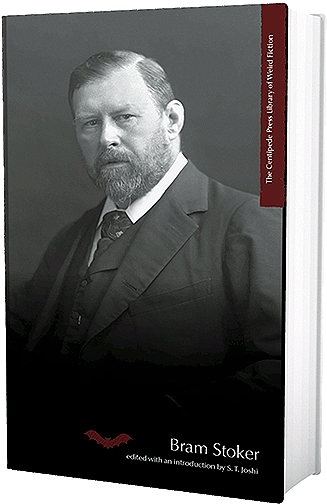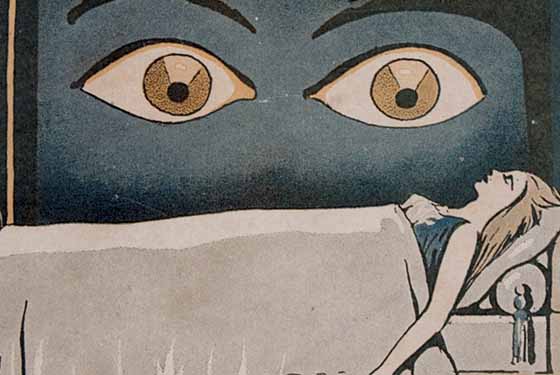



synopsis
Bram Stoker (1847-1912) has attained universal celebrity for his novel Dracula (1897), the most notable and influential novel of vampirism ever written. But Dracula is only one of several important works written by Stoker over his long career. Although he spent much of his life as the personal secretary for the famous actor Sir Henry Irving, he became well known in his own right for novels and stories that cover a wide range of motifs in weird fiction.
This volume features the best of Stoker’s writings. The centerpiece of the book is Dracula, a novel that continues to fascinate readers more than a century after its publication. From the opening pages, when Jonathan Harker ventures to Castle Dracula in the wilds of Transylvania, to the spectacular conclusion, in which the evil count is chased back to his native soil and destroyed by a band of valiant men, the novel is a thrilling read while also dealing with issues of sexuality and religion.
In addition, this volume includes the novel The Jewel of Seven Stars (1903), an unforgettable novel of Egyptian horror. The concluding scene, where a scholar engages in a “Great Experiment” — the magical resurrection of a mummified pharaoh-queen whom he has unearthed — is one of the most potent episodes in weird fiction.
Stoker also wrote a number of short stories, gathered in such collections as Under the Sunset (1882) and the posthumous Dracula’s Guest and Other Weird Stories (1914). Included here are “The Judge’s House,” “The Squaw,” “The Burial of the Rats,” and “Dracula’s Guest,” originally designed as the second chapter of Dracula but later removed.
The volume has been edited by S. T. Joshi, a leading authority on weird fiction. Joshi is the author of The Weird Tale (1990), The Modern Weird Tale (2001), and Unutterable Horror: A History of Supernatural Fiction (2012).
edition information
pricing
SOLD OUT